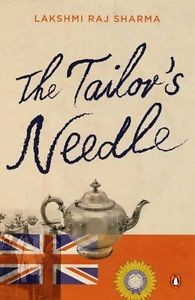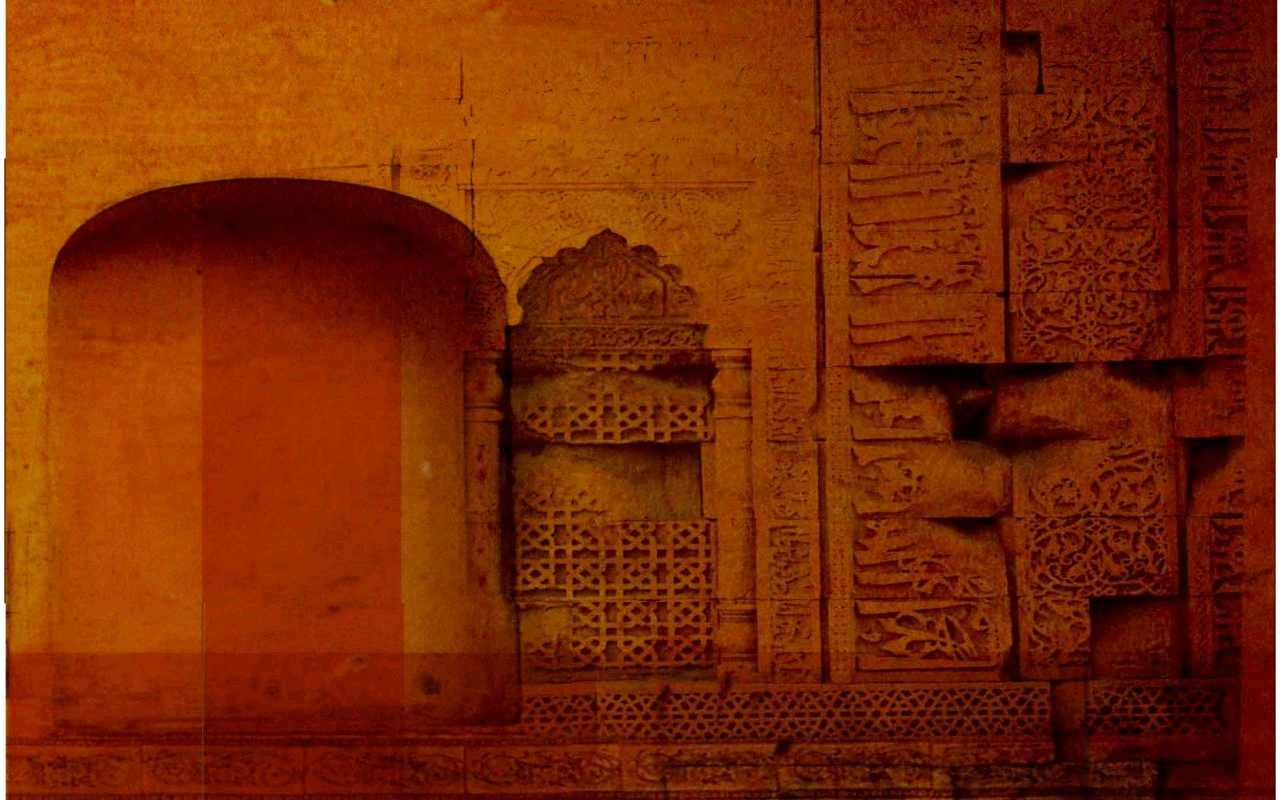
THE TAILOR’S NEEDLE: Review published in Asian Journal of Literature, Culture and Society: Volume 4 Number 01
Reviewer: British Novelist, Gisela Hoyle
Many new voices have come out of India recently, but the voice of Lakshmi Raj Sharma stands out nonetheless. The Tailor’s Needle is a novel on a grand scale seldom seen in modern writing: lyrical landscapes, a philosophical narrator, wayward daughters, a liberation struggle and political intrigue all form part of an elegant plot, which moves swiftly from family saga to comedy of manners, from gothic horror to murderous intrigue.
Sir Saraswati, named for the goddess of learning, the arts and creativity, struggles to find an appropriate balance between his admiration for the liberal ideals of British intellectual culture and his clear understanding of the greed and corruption of British Indian politics as he protects the province of Kashinagar and its royal family from annexation by the British empire and supervises his children’s education by English governesses. In a world of colliding cultures, he believes that education ‘should free one from prejudices. It should make one capable of independent thinking and prepare one for life ahead. It should make one adapt to his world without being difficult with others or miserable himself. It should make one positive and sociable. It should make one what he called ‘the tailor’s needle.’’ (p. 20)
His son, Yogendra, is eager to absorb this philosophy, while at the same time unable to escape from his father impressive shadow. His sister, Maneka is more rebellious and independent, but gets herself involved in fairly archetypal princess problems all the same – remaining trapped in a world not that different from Jane Austen’s: of arranged marriages as opposed to love matches, of suitability in suitors, of feminine accomplishments. The novel is, after all a final adieu to the great Indian Raj novel, honouring traditions now faded and, for many modern readers probably thankfully, consigned to the pages of history.
Sir Saraswati wore his tweed coat and grey worsted trousers. Summer evenings in Dehradun tended to be chilly in those days. Fans were never used and fridges were unheard of . . . when an unknown friendly person invites you and you are on your way to meeting him and knowing him, there is an inexplicable joy in your visit (p. 120).
But the novel is anything but nostalgic for the colonial past, which was problematic in itself and has left behind it many more. And though the language in the novel is often seemingly naive in this way, the reader is warned early on not to take the language lightly:
The British were sometimes casual when they wrote to the natives of India. When they wrote to their colonised subjects, they seemed to imagine that history was speaking through them. The Englishman often got into a fitful expressiveness in which the language was more important than what it was meant to convey, becoming rhetorical and even artificial at such moments. The same Englishman, however, could use his language very naturally when he spoke for himself, in his true voice. But it was his language, which he had the right to use anyway he liked. It was only the Indian who had to be careful in its use (p. 14).
So underneath the lyricism there is a constant awareness that the narration is in the language of a conqueror, who is both arrogant and smug. Beneath the genteel and graceful world of the Ranbakshi family is the fragility of power within the empire, beneath the ludicrous figure of the viceroy Mortimer Edmund Griffin-Tiffin and his ugly dominating mother is the sinister truth that such people still populate the upper class of England, and beneath the elaborate horror of Nadir Palace lies the truth of abusive relationships and paranoid obsessions. And the apparent naiveté is deeply ironic, through all the experience of the novel runs the concern with justice and freedom: from imperialism, from overbearing parents, from caste rules and from prejudice. What The White Tiger does with brilliant savagery, The Tailor’s Needle does with elegance and wit: presenting complex and authentic experiences of another world with thoughtful compassion and with humour.

- How Authors Can Sell More Books - April 11, 2018
- Pure Fiction - December 13, 2017
- I Think I Know - December 12, 2017


Comments